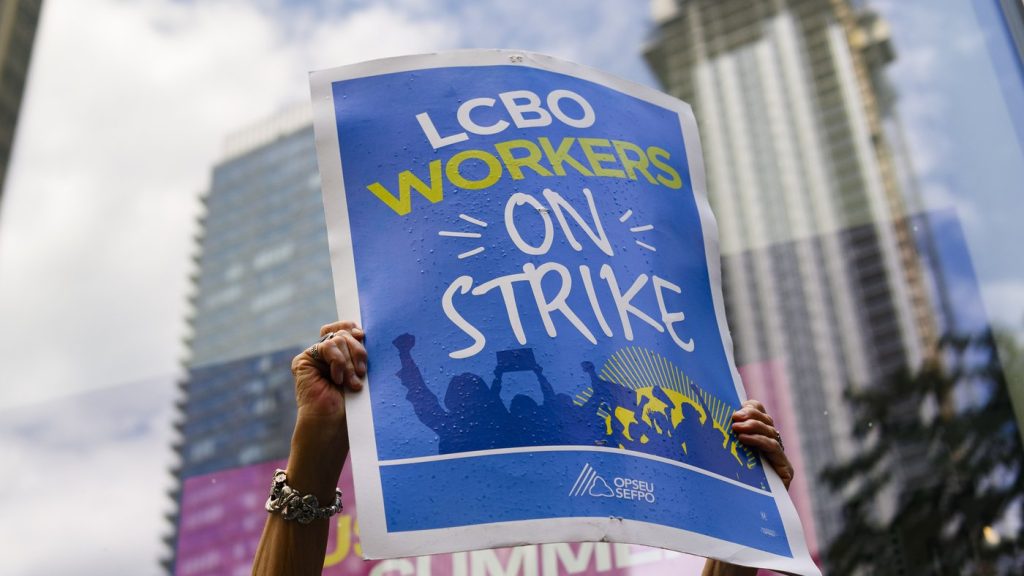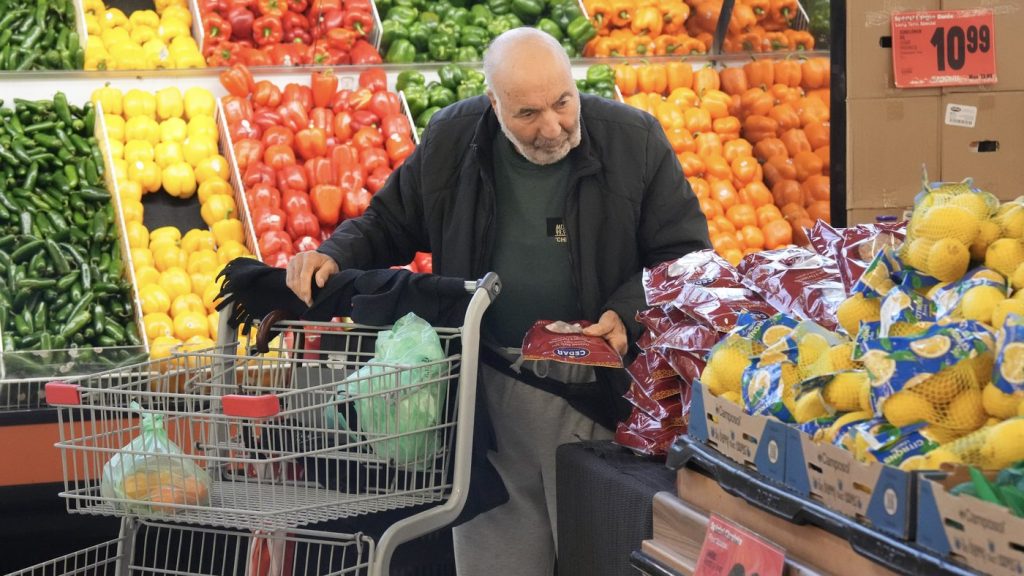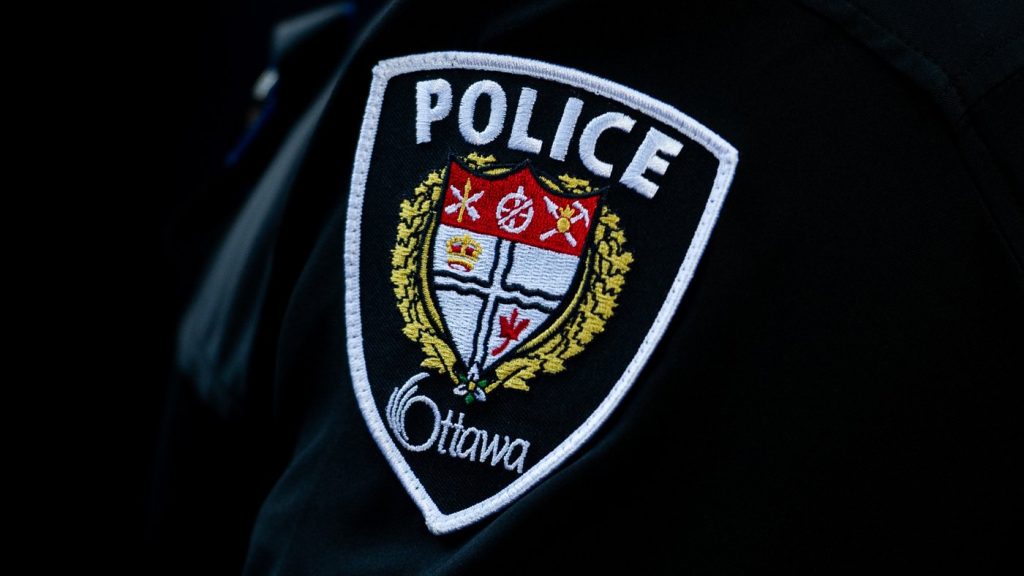Ontario restaurants struggle to procure booze as the LCBO strike continues

Posted Jul 17, 2024 02:25:25 PM.
Last Updated Jul 17, 2024 08:32:13 PM.
When Larry McCabe learned of a looming strike by the province’s liquor store workers, he picked up just a few extra bottles for his two restaurants, thinking he would find other ways to keep the booze supply running.
But nearly two weeks later, the Stratford, Ont., restaurateur said he’s struggling to serve his customers. His establishments have already run out of house wine, and by the end of the week, he said they will drain the supply of key ingredients needed for cocktails.
McCabe said he’s now in “a bit of a limbo state” as he tries to procure alcohol from other sources.
“It is a very frustrating situation to be put in,” he said.
Approximately 10,000 workers at the Liquor Control Board of Ontario walked off the job July 5 after negotiations broke now, although the union that represents them said they were heading back to the bargaining table Wednesday.
The Ontario Public Service Employees Union has said the province’s alcohol expansion plans that would see ready-to-drink cocktails sold outside LCBO stores are the main issue in the dispute.
McCabe, who is also a member of Stratford city council, said the LCBO strike is putting additional strain on a hospitality industry that has been through major disruptions in recent years and is still struggling to adjust post-pandemic.
He isn’t alone in struggling to meet customers’ demands during peak summer season.
Olivia Harris, the manager of Black Jack Bar and Grill in Whitby, Ont., said getting certain types of alcohol is “next to impossible” right now.
She said she can get beer and wine from sources other than the LCBO, but not liquor such as spiced rum and Jagermeister.
“They are pretty understanding,” she said of her customers, “but it’s still annoying for us that we’re not able to serve our guests what they want to buy.”
Industry group Restaurants Canada said eateries across Ontario are struggling to procure booze amid the LCBO strike.
CEO Kelly Higginson said more than 14,000 Ontario restaurants and bars are licensed to serve alcohol, “and every one of them in some way is going to have been impacted.”
“It is a very significant challenge for sure,” she said. “And I can’t understate the impact that this will have, if things go on for too long.”
Higginson said her organization had talks with the LCBO over the weekend, and the liquor board pledged to prioritize supplying restaurants.
“They made some shifts in their plans to reallocate some resources to serving our industry specifically,” she said, adding that the LCBO’s online portal was initially slow but is now working better to process orders from restaurants.
The LCBO announced Sunday that it has abandoned plans to open a handful of locations for in-store shopping during the strike, saying that it has been able to successfully serve customers online and that it would instead be using resources “to further enhance support for bars, restaurants and other businesses.”
Higginson said a prolonged strike “is not good for any side” and that Restaurants Canada is hopeful an agreement will be reached very soon.
Ontario Premier Doug Ford has ruled out reversing the expansion of ready-to-drink cocktail sales, but OPSEU worries that the move will threaten workers’ jobs.
In the midst of the labour dispute, the Ford government has published an online interactive map showing consumers where else they can buy alcohol during the strike, and has sped up its timeline for getting the pre-mixed cocktails into grocery stores.
McCabe, the restaurateur in Stratford, said he’s worried that his drinks menus will become harder so sustain – and eventually “irrelevant” – if the strike goes on.
“That is where we get into, I think, after this weekend,” he said.








